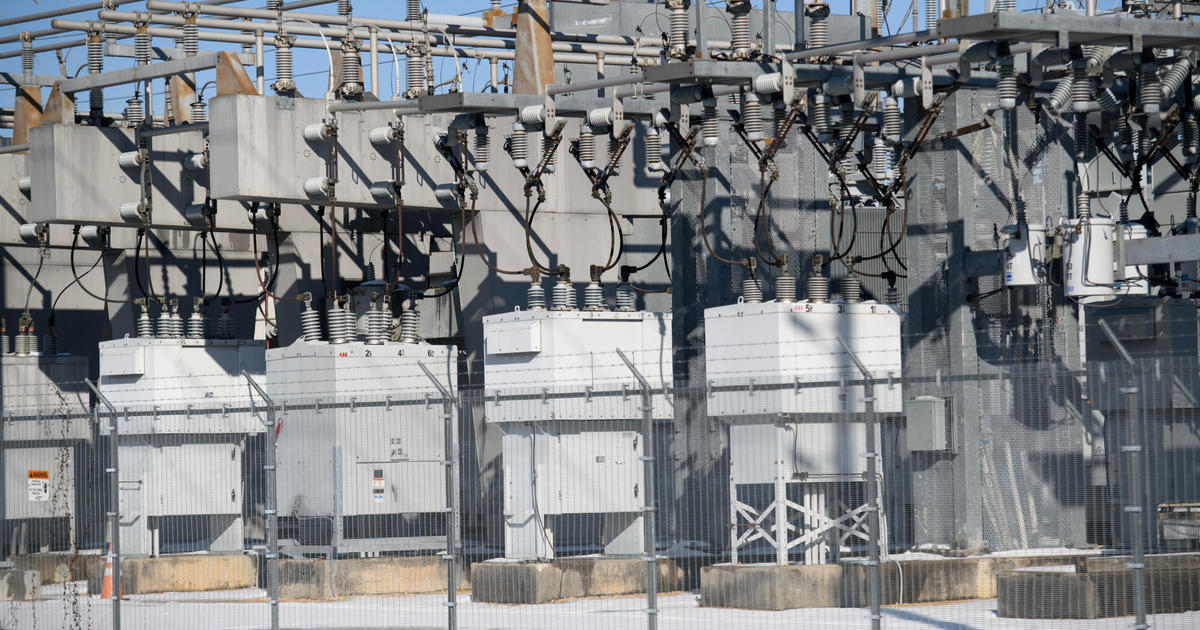FPL launches plan to eliminate carbon emissions
TALLAHASSEE - Florida Power & Light plans to eliminate carbon emissions from its electricity generation by 2045 through expanding solar energy and other technology, company officials announced Tuesday.
The plan, part of a broader decarbonization effort outlined by FPL's parent company, NextEra Energy, would lead to massive increases in the use of solar panels and battery-storage technology. Also, it would mean shifting to what is known as "green hydrogen" at power plants and continuing to use nuclear power.
FPL Chairman and CEO Eric Silagy, addressing an investor conference, described the plan as a "march" but said it will build on changes that have included FPL ending the use of coal at plants in the state.
"Being clean is good business," Silagy said. "Being fuel efficient is really good business and good for customers."
The plan, while phased in over more than two decades, would represent a huge change in the way FPL does business. In 2021, natural gas made up 67 percent of what is known as FPL's "fuel mix" for generation. Nuclear was the next-highest at 20 percent, while solar was 4 percent, according to information presented during the investor conference.
In 2045, a combination of solar, battery storage and green hydrogen would make up 83 percent of the utility's production.
FPL, by far the state's largest utility, and other utilities have moved steadily in recent years to add solar energy. Those moves have come as solar has become more cost-effective, battery storage has developed and climate-change pressures have increased to reduce carbon emissions.
But burning natural gas continues to dominate electricity generation in the state - a dominance that has hit customers during the past year as they have seen monthly bills increase because of higher natural-gas prices.
Under the plan, solar generation would go from the current 4,000 megawatts to more than 90,000 megawatts in 2045, according to FPL. Similarly, battery storage, which is needed to store solar power for times when the sun doesn't shine, would expand from the current 500 megawatts to more than 50,000 megawatts.
Also, FPL said it will convert some natural-gas plants to run on green hydrogen, a fuel made through a process of splitting water into hydrogen and oxygen, according to NextEra. Florida lawmakers this spring passed a sales-tax exemption for such things as equipment needed to produce green hydrogen, a measure that was sought by FPL.
Silagy said FPL is building a $65 million green-hydrogen pilot project that is expected to operate next year.
In a news release, FPL said it intends to carry out the plan "at zero incremental cost for its customers, relative to alternatives," indicating it would not cost more than what customers otherwise would pay.
The FPL plan is part of what NextEra has dubbed its Real Zero effort to decarbonize. NextEra, based in Juno Beach, operates in multiple states.
"We've worked hard in developing Real Zero to ensure we have a credible technical pathway to achieve our goals and well-defined milestones every five years so we and all stakeholders can track our progress," NextEra President and CEO John Ketchum said in a prepared statement. "We're part of an industry that is well positioned to make the most progress in the elimination of carbon emissions and Real Zero is NextEra Energy's goal to set a new standard for all power generators."







